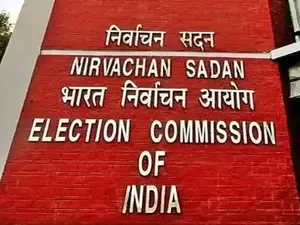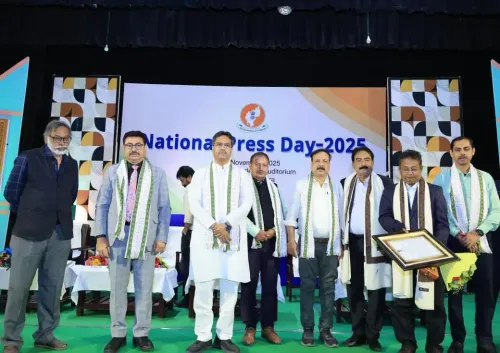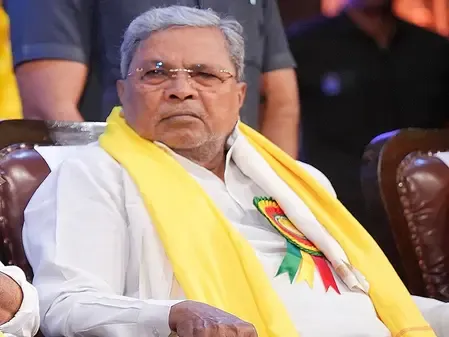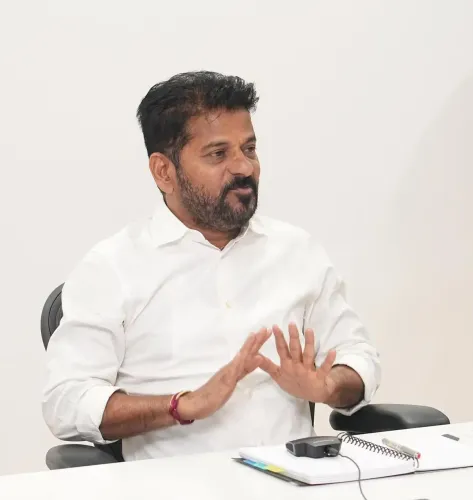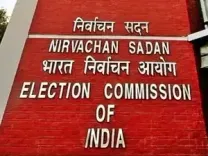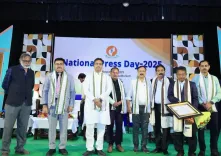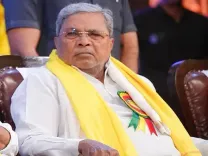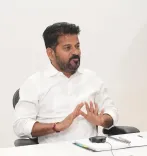What is the RSS outlook at 100: From ‘Third Way’ economics to a civilisational worldview?
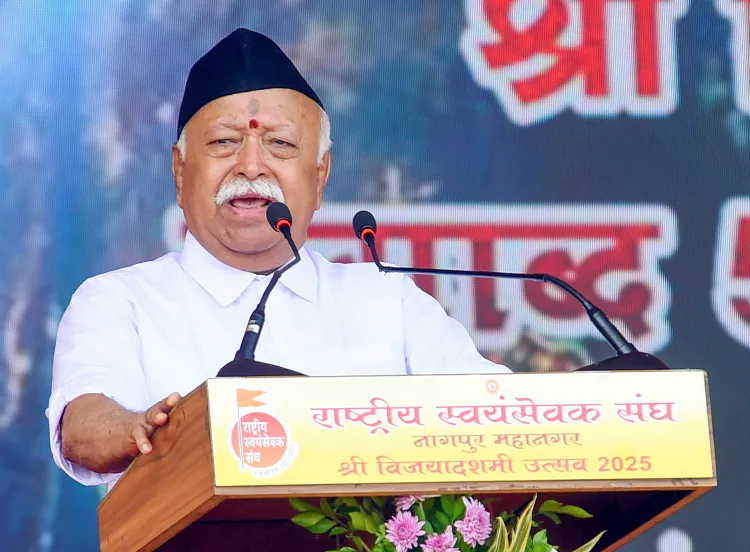
Synopsis
Key Takeaways
- RSS celebrates 100 years of its contribution to nation-building.
- Bhagwat emphasizes an indigenous development model.
- Connection to India's rich historical legacy is critical.
- Global challenges require solutions grounded in Bharatiya philosophy.
- Environmental issues are a pressing concern for Bharat.
New Delhi, Oct 2 (NationPress) On the auspicious occasion of Vijayadashami, as the Rashtriya Swayamsevak Sangh (RSS) celebrated its centenary, Sarsanghchalak Mohan Bhagwat delivered a highly anticipated address in Nagpur that was both introspective and forward-looking. He connected the legacy of prominent figures like Guru Tegh Bahadur, Mahatma Gandhi, and Lal Bahadur Shastri with the Sangh's own century-long journey.
His speech indicated that there will be no significant change in the RSS' approach to nation-building. Even after a century, the endeavor remains a work in progress for the RSS.
Bhagwat's focus on formulating an indigenous development model grounded in Bharat's civilizational wisdom is crucial, as it embodies the RSS' worldview and global perspective.
He noted that worldwide, advancements in science, the convenience brought by technology, and increased interconnectedness among nations through communication and global trade paint a promising picture. Nonetheless, a substantial gap exists between the speed of scientific and technological advancement and human adaptation.
"As a result, ordinary individuals may encounter numerous challenges. Moreover, we are also observing other issues, such as ongoing conflicts—both large and small—throughout the globe, environmental degradation leading to natural disasters, weakening social and familial connections, and rising hostility in daily interactions," he stated.
He further remarked, "Attempts have been made to tackle these issues, yet they have not succeeded in halting their escalation or offering a comprehensive resolution. All nations are under threat from distorted and hostile forces that believe dismantling all unifying elements, such as culture, faith, and tradition, is essential for solving these problems. These forces are exacerbating social ills, conflict, and violence affecting humanity. In Bharat, we too are experiencing these challenges in various forms. The world is keenly awaiting solutions rooted in Bharatiya philosophy."
Bhagwat's commitment to an indigenous development model reaffirms the Sangh's century-old belief that India possessed a highly developed model of progress that was undermined by invaders over the last millennium.
RSS thinkers and ideologues, including Pandit Deendayal Upadhyay and Dattopant Thengadi, have extensively discussed this model. In RSS discussions, it is referred to as the 'Third Way.' Thengadi coined this term as an alternative to both Capitalism and Socialism—the two predominant economic models that have emerged over the past three centuries.
In summarizing the RSS outlook on its centenary, Bhagwat stated, "The detrimental effects of the materialistic and consumer-driven development model embraced globally, which is founded on a materialistic and fragmented perspective, are becoming increasingly apparent everywhere. In Bharat, too, due to this model, erratic rainfall, landslides, glacier melting, and other comparable issues have intensified over the last few years. The entire water supply of Southwest Asia originates in the Himalayas. The occurrence of these disasters in the Himalayas should serve as a wake-up call for Bharat and other South Asian nations."

